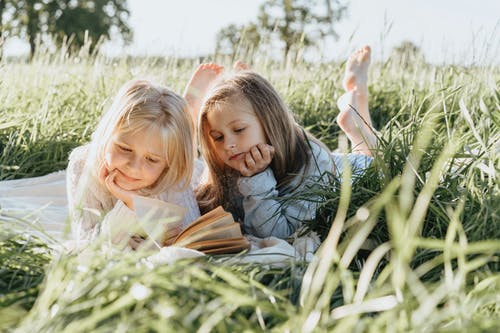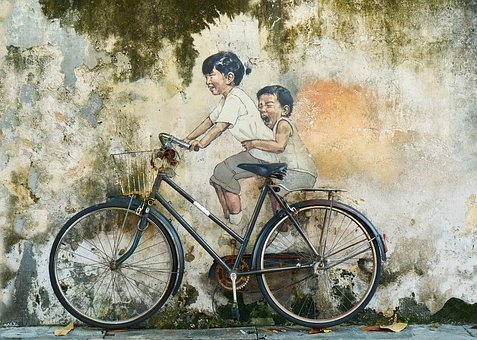
studies suggest 75% of Australians hold an implicit bias towards indigenous Australians, seeing them negatively, despite the fact that this is unconscious. Children soak up this bias, which will become entrenched because of messages in the media and in books, and keeps to play out at college and the broader network. Ensuring youngsters have to get entry to books showing variety is one step in breaking the cycle that results in entrenched racism. Youngsters expand bias from an early age.
youngsters broaden their sense of identity and perceptions of others from a totally early age – as early as three months old. Because of this, young children are especially liable to the messages they see and pay attention to in the media and in books. Studies over many years have shown books can empower, encompass and validate the manner youngsters see themselves. But books also can exclude, stereotype, and oppress kids’ identities. Minority companies are particularly liable to misrepresentation and stereotyping in books. First countries businesses are usually absent from children’s books. Except for the viewpoints, histories, and suffering of first countries, people can misrepresent records, and teach kids a white-washed version of the past. A global of children’s books dominated via white authors, white snapshots, and white male heroes, create a feeling of white superiority.
This is dangerous to the worldviews and identities of all children. Sharing memories through books proves indicates sharing aboriginal and Torres strait islander tales allows to wreck down stereotypes and prejudice. And this, importantly, facilitates empowering aboriginal children and enhances their academic engagement and consequences. However research shows many school rooms have books that might be monocultural literature, and aboriginal and Torres strait islander books are drastically absent. There are a few encouraging signs, with an increase within the e-book of books through and approximately aboriginal and Torres strait Islander peoples. We are also seeing bookshops and publishers reporting an upward thrust in calls for books on race and racism. This will also help adults emerge as knowledgeable approximately Australia's colonial records.
Studying these books can assist in assignment their very own unconscious biases and misunderstandings. The project for instructors and dad and mom is to access suitable kids’ books and proportion them with the youngsters in their care. We will use those tales as a basis for conversations approximately lifestyle and network. This will assist in power trade and assist reconciliation. Different ways of sharing numerous memories
developing books in communities is a pilot undertaking run by the national library of western Australia that helps create books with households about their normal studies. Those books constitute the households’ subculture and language.
Initiatives like those are some other ways we will realize and make bigger the voices of Aboriginal and Torres Strait Islander peoples. Any other challenge, on u . S . A . Learning, entails children and teachers studying through culture along with aboriginal elders. A preliminary evaluation of this system suggests it enriches instructor understanding and motivates all children to learn. Analyzing and taking note of the memories of aboriginal and Torres strait islander peoples can assist teachers to benefit critical understanding and know-how.
This enables them successfully have interaction with and teach aboriginal and Torres strait islander college students. And it allows them to teach all students about Aboriginal and Torres Strait Islander languages, histories, and cultures. To look at actual and lasting exchange youngsters need ordinary storybooks with heroes and characters that mirror their diverse backgrounds. To assist this appear we will help organizations including we need numerous books motion and lovely, which actively call for and promote various books for younger people. Confirmation of all youngsters’ tradition, language, and identification at this pivotal time in global records is vital to the destiny of all our children.

 Lebanon
Lebanon KSA
KSA Bahrain
Bahrain UAE
UAE Qatar
Qatar Jordan
Jordan Egypt
Egypt South Africa
South Africa




(0) Comments